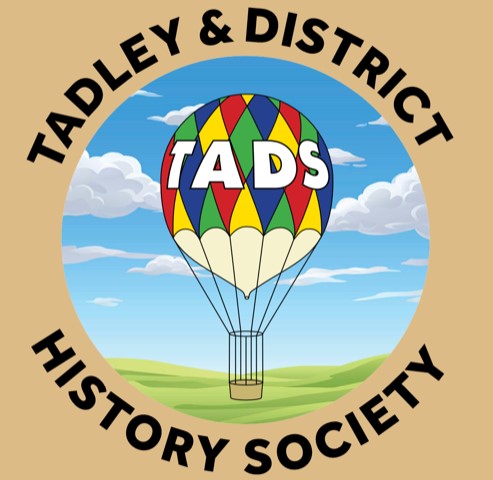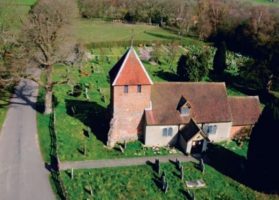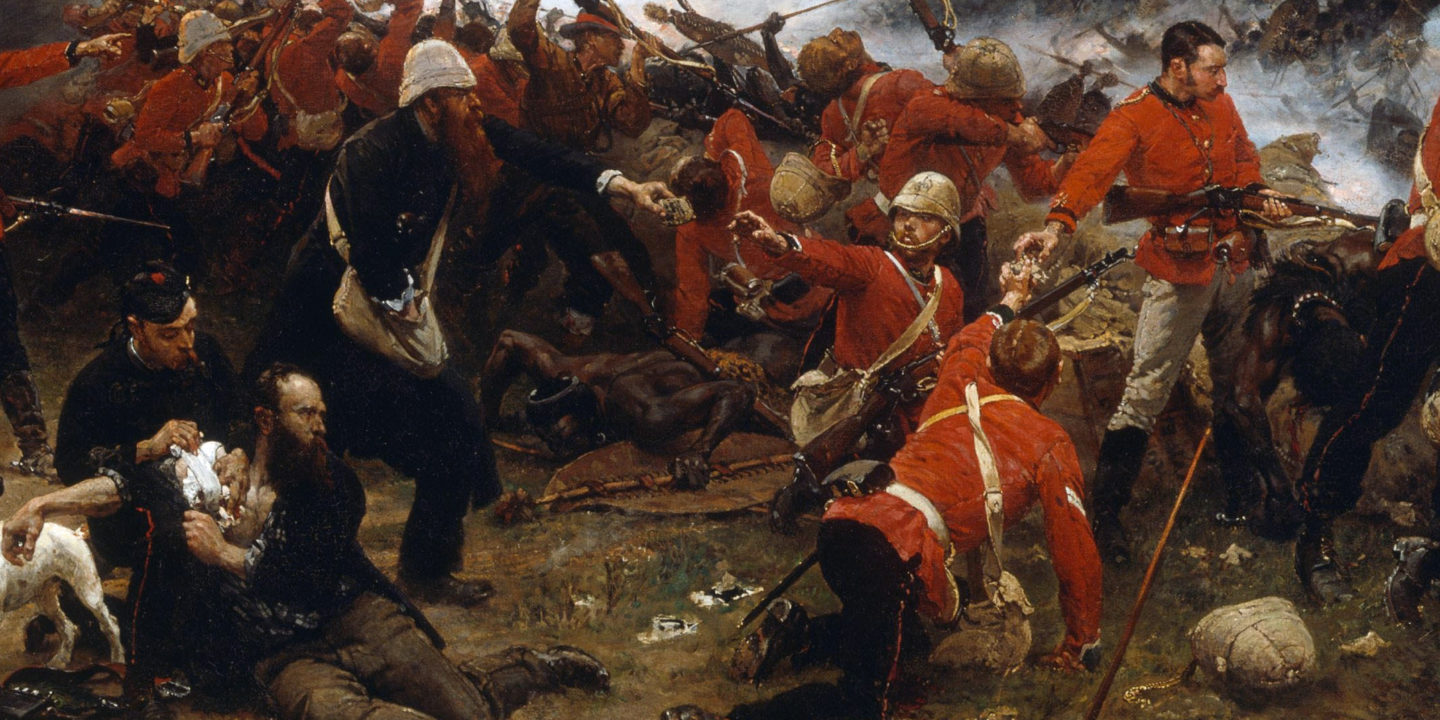Talk about a 19th century prince who had a lively life, so also has our Speaker Richard, the ‘galloping major’ from the song of yesteryear. He, with a sergeant major’s voice, didn’t need our microphone.
Having spent some time at Sandhurst Military Academy in 1973, he had an eye for a gun: a big 8 inch Long Tom, and then a nuclear gun. Richard joined the Royal Artillery Regiment spending time in Paderborn, Germany; Belize (formally British Honduras); three tours of Northern Ireland AND supported the SAS; AND is now deputy Lord Lieutenant of Berkshire. Quite a busy lad who also has a commercial landscaping business. Never a still moment, Richard helps out at Sandhurst; is a Kensal Green Cemetery guide; and does twice weekly talks putting all his fees into the Polio Plus charity. He’s made £70,000 so far. A thoroughly good egg ….. Richard promised a ‘big twist’ at the end of his multi-faceted talk — and some!
The Prince Imperial (1856 to 1879) son of Napoleon III and Empress Eugenie was the great nephew of Napoleon I who constantly tried to terrorise us Brits in the 18th and 19th centuries. However this young prince was a very clever Anglophile who loved luxury (and the fairer sex it seems!) As a 14 year old his father involved him in the Franco Prussian war (1870). The French were defeated and somehow the Prince Imperial’s whole family ended up on our shores at Hastings, East Sussex, in room 28 of the Grand Hotel. From there on to Chislehurst, Kent, and the Prince to the Woolwich ‘Shop’ (Military Academy) to train as a gunner. His mum and dad were very friendly with Victoria and Albert and the two Queens socialised very well. So also did the Prince with the Queen Victoria‘s youngest daughter Beatrice…..
The expression ‘talking shop’ means to ‘talk technical’. Moreover at the Shop the young gunners played snooker rather than billiards – the Shop Soldiers were known as ‘Snookers’. If ever the Prince was in trouble at the Shop, his two servants took the blame! Good at sketching the Prince no doubt contributed to the new art of Ordnance mapmaking — maps being made originally for WAR purposes. Being a bit of a romantic and good with a sword as well as a gun and a pencil, the Prince did a spot of duelling in Aldershot before being transferred to South Africa with ‘G’ battery RHA to Fight the Zulus in 1879. The Zulus were a smart bunch who could go without food or water for 3 to 4 days but had a drug under their tongues!They had to draw blood with their swords before marrying…. We Brits didn’t do well and in the 1879 battle of Isandlwana, Lord Chelmsford charged and lost 1500 soldiers. Queen Victoria was very annoyed at our losses and instructed P.M. Benjamin Disraeli to give the new troops everything they needed — lots of ammunition, but our rocket launchers were useless and the noise frightened the horses. The Zulus were under the impression that marmalade tins were involved and they were also afraid ….
The Zulu warriors killed the 23 year old Prince and his little dog on 1st June 1879. It was Zulu custom to slit the enemies’ stomachs to release their souls to RIP. However the Prince was not mutilated. Obviously there was great consternation among our top officers and they put the Prince’s entrails in a Huntley and Palmer biscuit tin and made a death mask before shipping his decomposing body back home.
When his mother, Empress Eugenie, found out she was grief stricken and travelled to South Africa to view the killing site. Here she planted six trees, one of which remains. Lieutenant Carey who’d been the Prince’s C.O. was cashiered (lost rank, pension and sent to Coventry. Queen Victoria intervened and restored CAPTAIN Carey‘s rank, etc because he had been truthful and also rescued the Prince’s uniform. The Prince was buried at Chislehurst and more lastingly at St. Michael’s Benedictine Abbey at Farnborough , Hants. (His parents are also buried there).
A tragic tale. Richard said the Zulu problem is ongoing and his dear friend David Rattray was murdered there quite recently. We have to ask ourselves — does any good ever come out of colonialism?
Rosemary Bond

Footnotes by the Editor:
1. Other accounts of the Prince Imperial’s death are considerably less
ignominious, but whatever the truth, he was rashly disobeying orders.
2. The French have requested the return of Napoleon III’s body to France, as a
bargaining ploy for Brexit. The Foreign Office seems to be pushing any
decision towards the Benedictine Monks of Farnborough.
Louis-Napoléon Bonaparte


